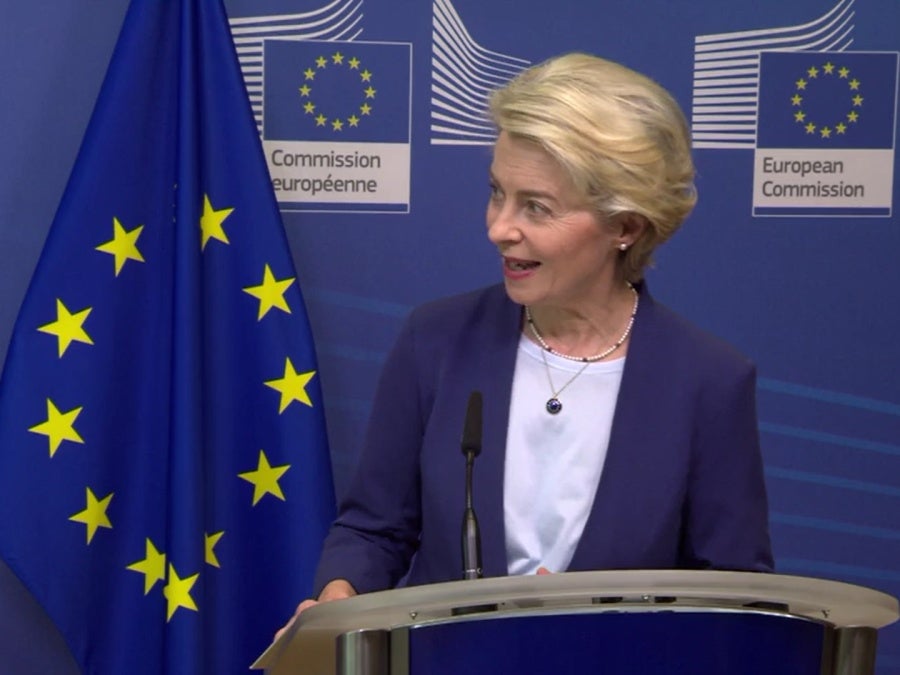
EU products with geographical indications will be protected in New Zealand by a new free-trade agreement (FTA), signed yesterday (9 July), the European Commission has said.
Under the deal, 169 of the “most renowned traditional EU products”, including feta and Comté cheese, will be protected when the legislation comes into effect.

Discover B2B Marketing That Performs
Combine business intelligence and editorial excellence to reach engaged professionals across 36 leading media platforms.
The deal, negotiations for which have ongoing since mid-2018, will see tariffs axed “as of day one” on EU exports including pig meat, chocolate, confectionary, biscuits and wine. Close to 2,000 beverage names – including Prosecco – will also be protected.
In a statement released yesterday, the European Commission also said the agreement would shield “EU producers of sensitive agricultural products” from unfair competition created by the “liberalisation of trade”.
Zero or lower tariffs will be “limited” for New Zealand importers of dairy products, beef and sheep meat, ethanol and sweetcorn. For these sectors, producers will be restricted by so-called tariff rate quotas.
It follows scepticism from several industries in Europe last year when details of the deal were announced.

US Tariffs are shifting - will you react or anticipate?
Don’t let policy changes catch you off guard. Stay proactive with real-time data and expert analysis.
By GlobalDataGiuseppe Ambrosi, the president of the European Dairy Association, said the agreement “does give a unilateral advantage to the NZ dairy industry”.
Meanwhile in France, dairy sector representatives were stronger in their opposition to the deal, describing the agreement as “an economic nonsense that threatens French agri-food sovereignty”.
French dairy-sector body the FNIL claimed the deal was “unbalanced in favour of New Zealand dairy products”.
New Zealand estimates the deal will allow over NZ$600m ($371m) in additional export revenue for dairy and red meat, allowing it to assume up to 60% of the EU’s annual imports for butter.
In total it expects to save NZ$110m per year in tariff savings once the deal is fully implemented – kiwifruit growers will save a collective NZ$37m in annual tariffs while honey manufacturers will save a total of NZ$5.4m.
By 2035, it estimates its exports to the EU will increase by up to NZ$1.8bn per year.





